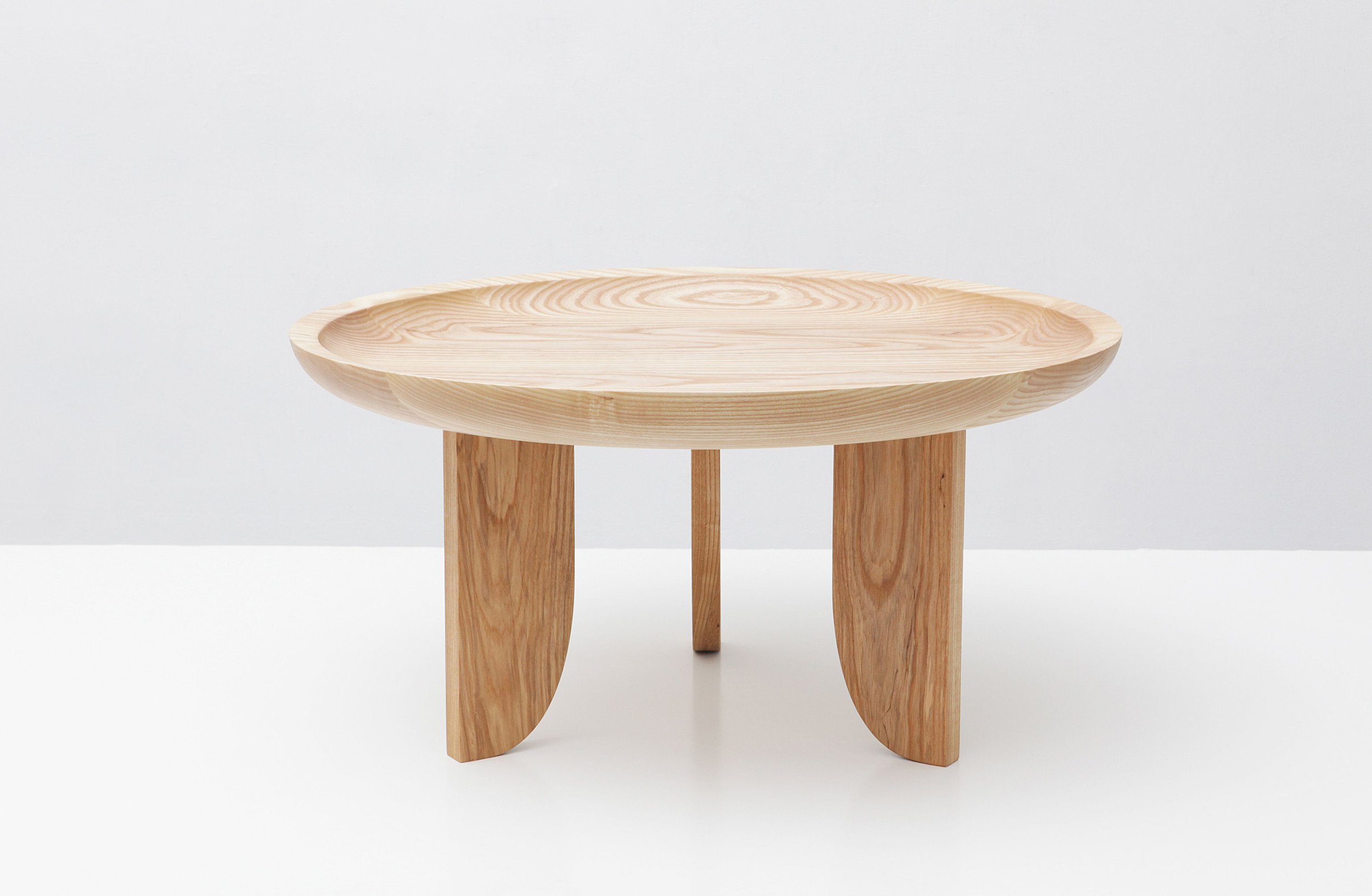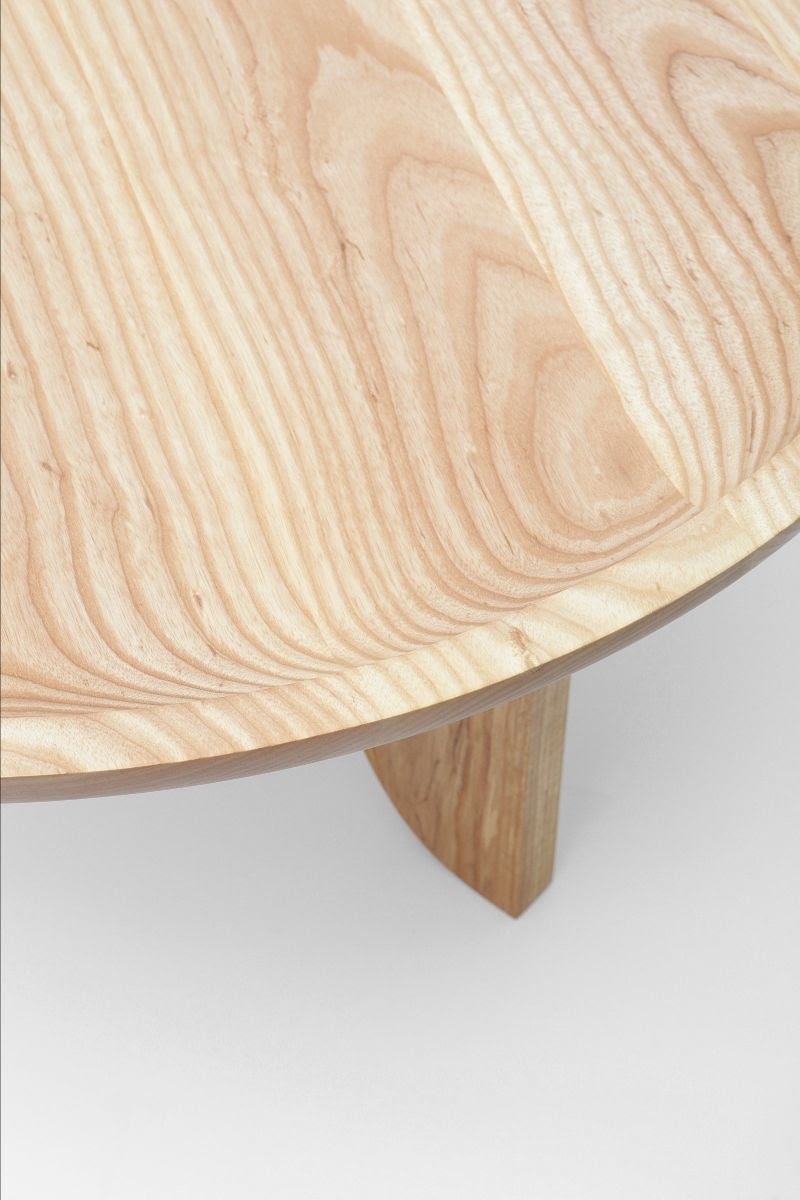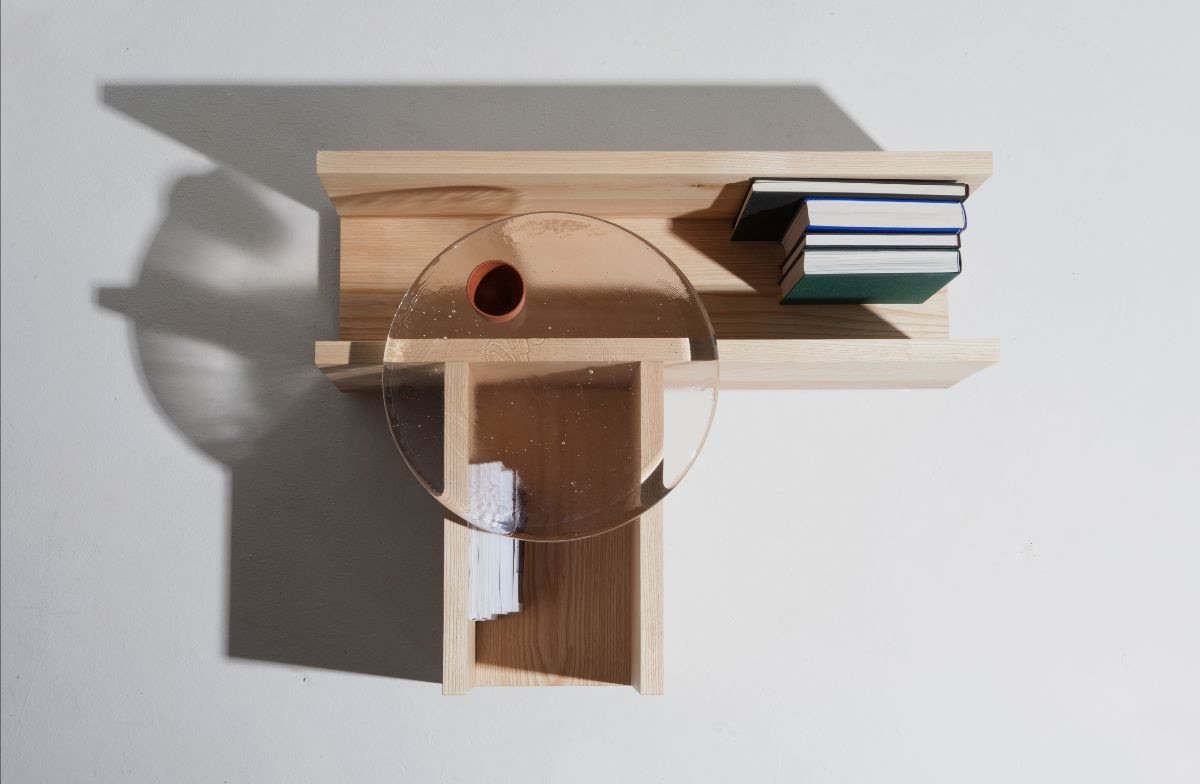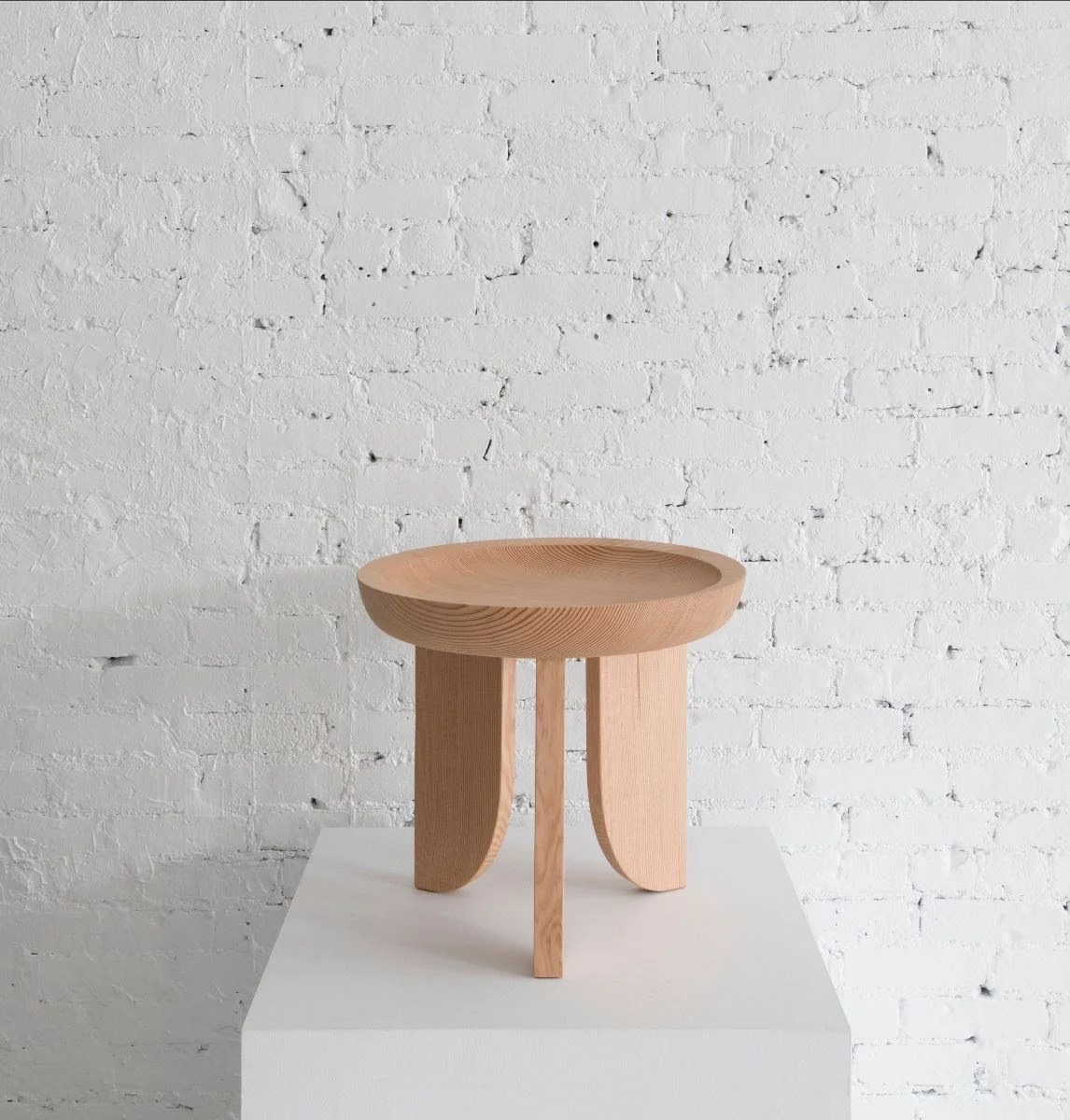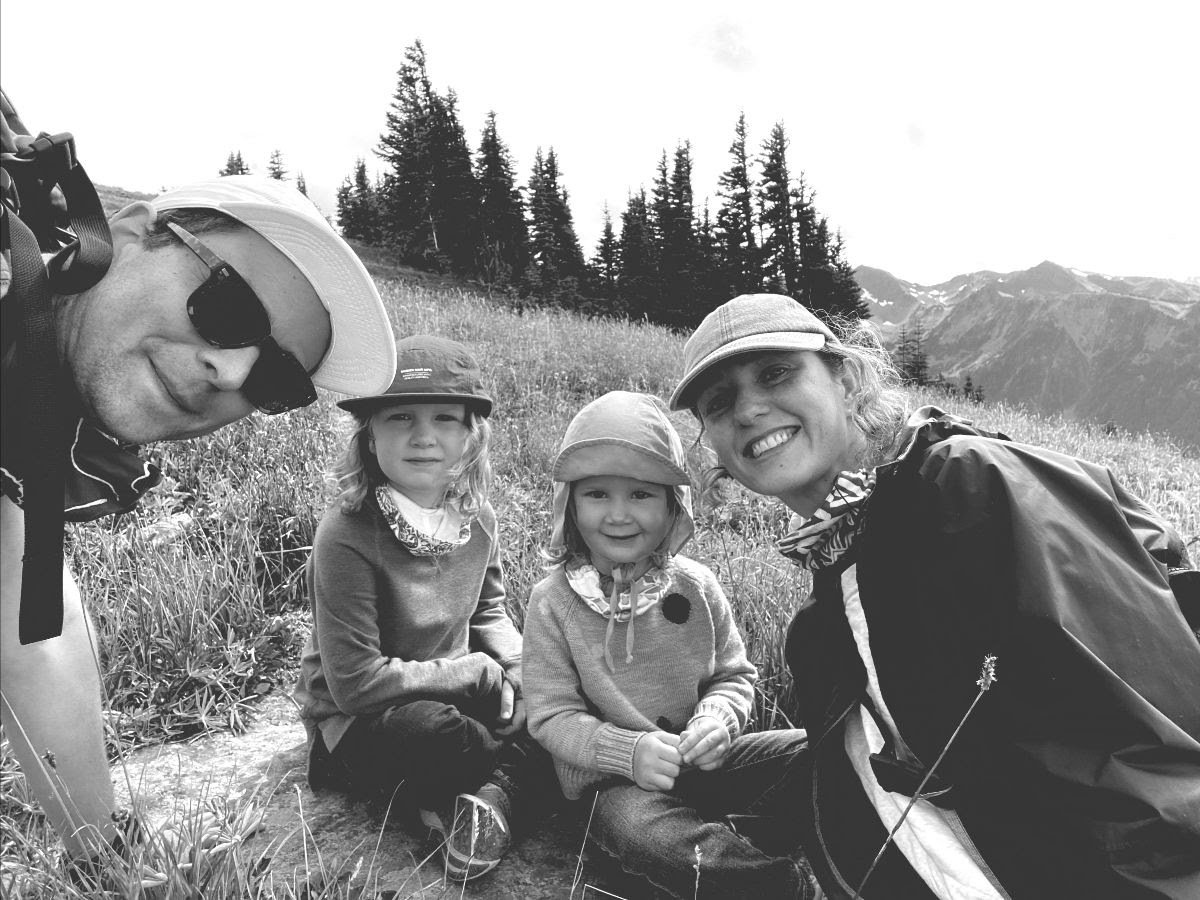A Case For Stewardship
Like many on the West Coast, we spent ten days inside our home this month hiding out from wildfire smoke. Though the most threatening fires were at a safe distance from our home and studio, we did have a small brush fire on the island one evening that pushed us to make a go-bag list as we waited for updates from our local fire department.
When the smoke finally cleared, we were drawn to the mountains. To put our feet on the earth in an intentional way. To take in the mountain air - thinned by altitude - but full of the scent of spruce and juniper. We ate ice from a snow patch with our kids - embodying as much of that mountain as we could. They knew what to do - stretching their bodies all the way out on a great rock under the sun.
We weren’t alone in this work as the trail entrance was more crowded than we'd ever seen. We saw marmots and deer, an anthill and hawks, and crickets and bees. The humans we spotted were responsibly distanced and masked up. They were drawn out to the top of this ridge just like us. If we were looking for hope over the last month, it was here.
For anyone who has ever been hiking, you know that it is deeply connected to stewardship. We repeat “leave no trace” in our own minds and aloud to our children. We keep our footprints on the trail as it is laid. We keep our snacks in our own mouths and carry out what we carried in. In this special place in the Olympic National Park, we show reverence in a way that is hard to match in our daily lives.
The concept of stewardship is something we endeavor to thread throughout Grain. One way we do this is through respect for the raw materials that we work with. Wood is our main material and one that has definitely been on our minds as we think about the fires and the future of forest management. As a raw material, wood is carbon negative. The critical factor is how it is sourced.
Since founding our business in 2008, we have always chosen to work with Forest Stewardship Council (FSC) certified lumber. This third party certification ensures that the wood we source is being managed in a way that preserves biodiversity while creating sustainable economic opportunities for timber workers and the local communities that surround these managed forests.
We do this because current laws do not do enough to protect wildlife habitats, waterways, old-growth forests and the rights of Indigenous people around the world from the devastating effects of traditional forestry.
Our standard wood is FSC certified ash grown here in the United States. We love ash for its strength, color and grain. We use it for our popular Dish and Drift tables. We also appreciate it as a fast-growing hardwood as this makes it a more rapidly renewable resource over other wood species.
To bring more choice to our clients and to deepen our stewardship as we look into the future, we plan to integrate additional ways of sourcing lumber within our local community and have begun conversations with an island mill that can process forest free urban and rural salvage as well as reclaimed wood from architectural projects. A good example of this is our limited edition run of Dish Side Tables (below) made from twice reclaimed Douglas Fir.
This newsletter took some courage to write this month as the grief of the compounding suffering here on the West Coast combined with thoughts about the future of climate migration left us in a state of dread. Not being able to go out into nature for comfort - especially for our children - felt almost inhumane.
At the same time, we had some good distanced conversations with friends, family and fellow small business owners who are compelled more than ever to rethink the way we are living and to not let overwhelm or perfectionism keep us from showing up and putting into practice the values that matter most.
We’re sending some fresh mountain air and courage to all of you!



